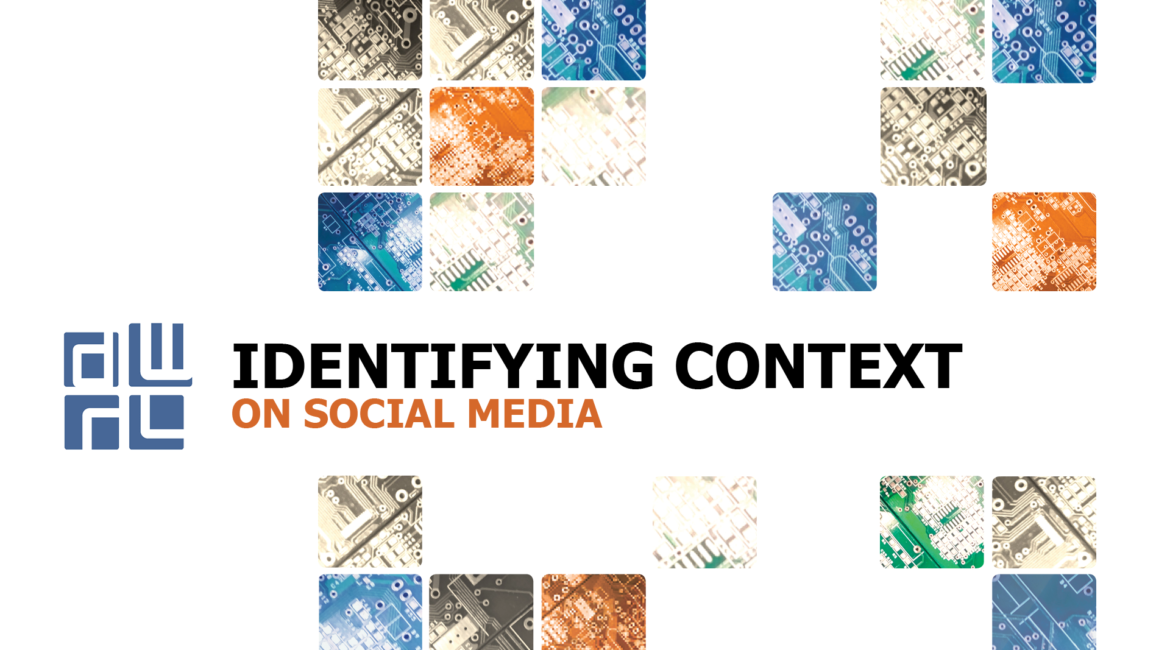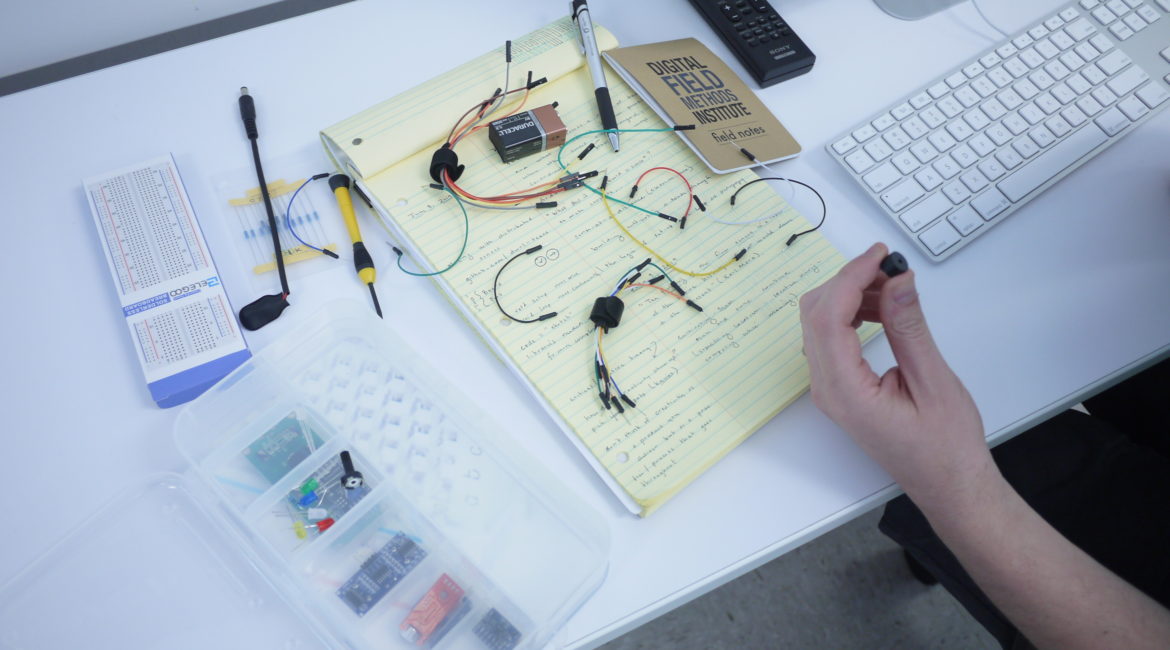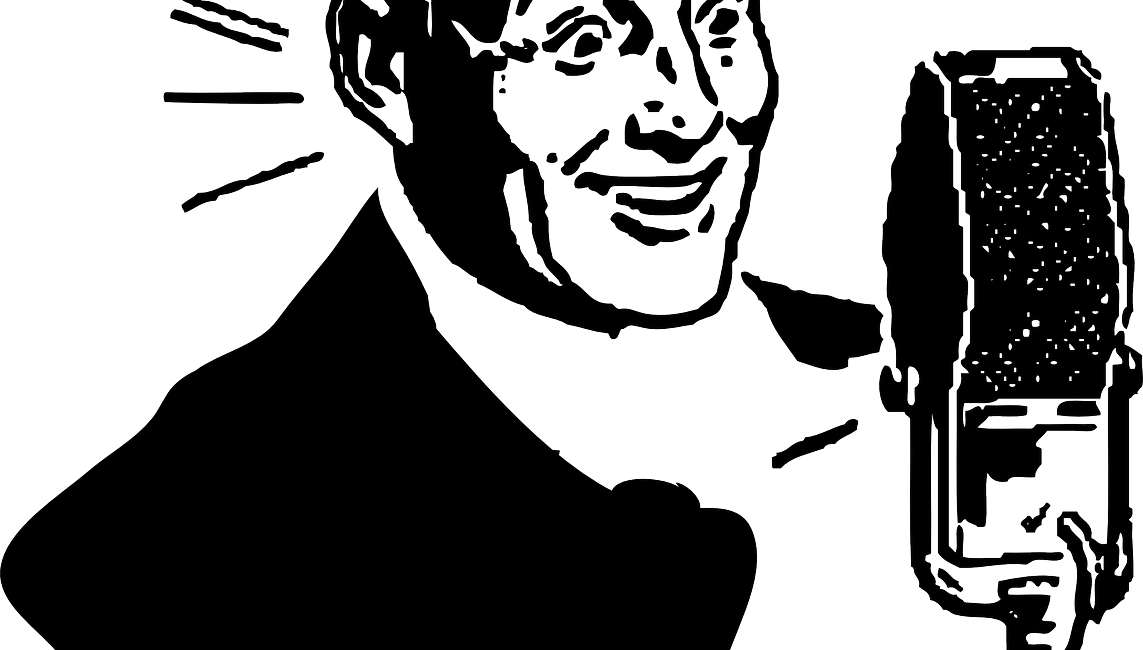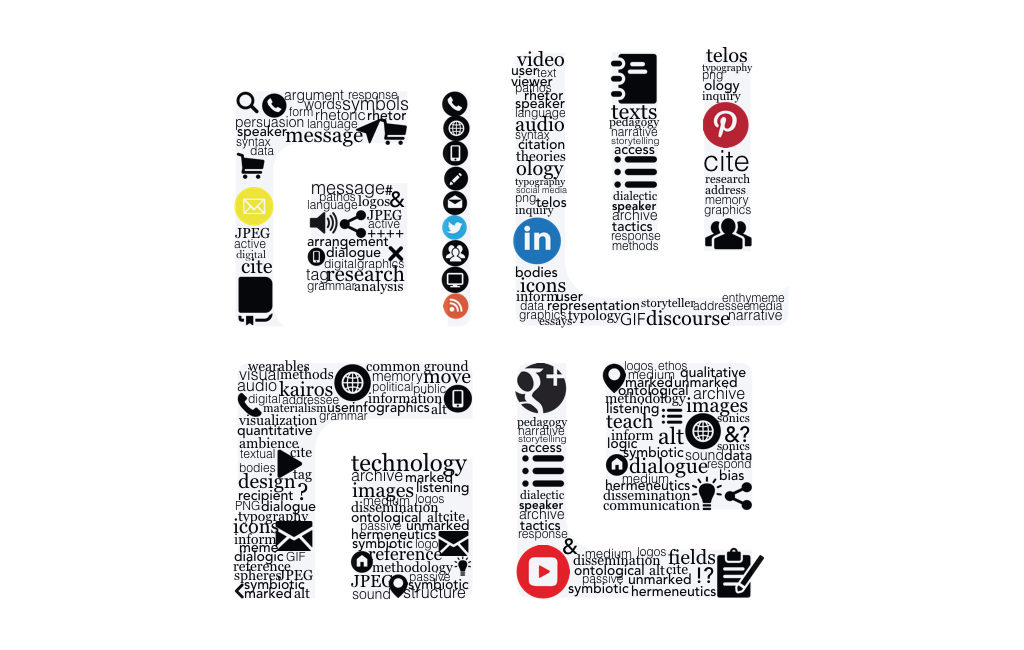Increasingly we depend on social media and online publications for access to news and information that affects our lives and informs our decisions. With the speed of circulation and the everydayness of digital mediation, critical engagement with contextual elements of online environments is paramount to current rhetorical education. This lesson...
Making Sounds with Arduino
As limited funding and job availability looms for those immersed in humanities scholarship, the idea of taking on another set of knowledge proves impossible for many emerging scholars. Because of the large body of knowledge they must acquire within their fields, developing scholars must also work to create legible projects...
Lesson Plan: Teaching Context with Video Creation
Undergraduate students sometimes have trouble leveraging historical context to the end of persuasion. Reasons for this include that they may not see contextualizing (including the use of historical context) as a discrete and substantial task worthy of the same creative intellectual effort given the construction of arguments. That contextualizing is...
Lesson Plan: Analyzing and (Re)Performing Vocality
As rhetoric and composition instructors, we typically have students work with written texts, both in analysis and in production. While we might ask students to answer questions about tone and prosody in written texts, often their analyses remained confined to stylistic concerns without attending to questions of delivery. What gets...
Lesson Plan: Visualizing The News As A Timeline
In today’s information economy, the abundance and production pace of information can make it difficult to follow news coverage of any given topic or event. Whether you are comparing different coverage of the same topic by more than one news source, tracking coverage of a topic in a single source...
Lesson Plan: Soundscape Narration
With audio technology becoming both more advanced and also more affordable, the options for understanding and exploring the ways in which sound and image interact with one another are becoming ever more practically available. Historically, many film directors have been fascinated with the possibilities of different approaches to the use...
Lesson Plan: Genre and Music
In Carolyn Miller's foundational text in Rhetorical Genre Studies, "Genre as Social Action," (1984) she asserts the utility in studying "homely discourses." Examining the quotidian genres we interact with on a daily basis does not "trivialize the study of genres," Miller states, but it actually "take[s] seriously the rhetoric in...
Sounding Images and Imaging Sound
Image and code from wired.com Ferdinand Saussure provided a framework and vocabulary that can be applied in composition classrooms to understand the "arbitrary" nature of representational forms including sound and image. He famously gave us the vocabulary of semiotics including the “signifier" and "signified" within a framework that leaves meaning...
Lesson Plan: Failure Interviews
Image Public Domain, Flickr The goal of this lesson is for students to interview someone who has failed at something—in a small or large, invisible or spectacular way. Typically, when we conduct interviews, we target experts within a field who can dispense some knowledge for our imagined audience. For this...
Lesson Plan: Combining Digital Literacies (Piktochart, iMovie, Audacity)
Acquiring digital skills does not just mean learning how to find one’s way successfully when navigating on the internet, but it also involves, especially in times of the Web 2.0, “how to go beyond simply creating multimodal texts to knowing how to design these texts using visual rhetoric to effectively...











